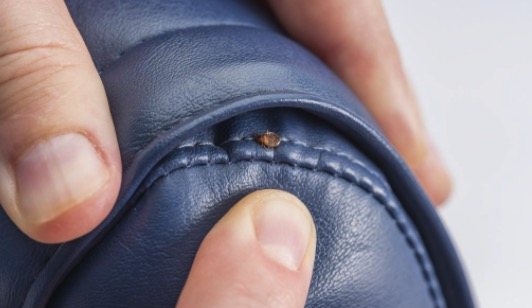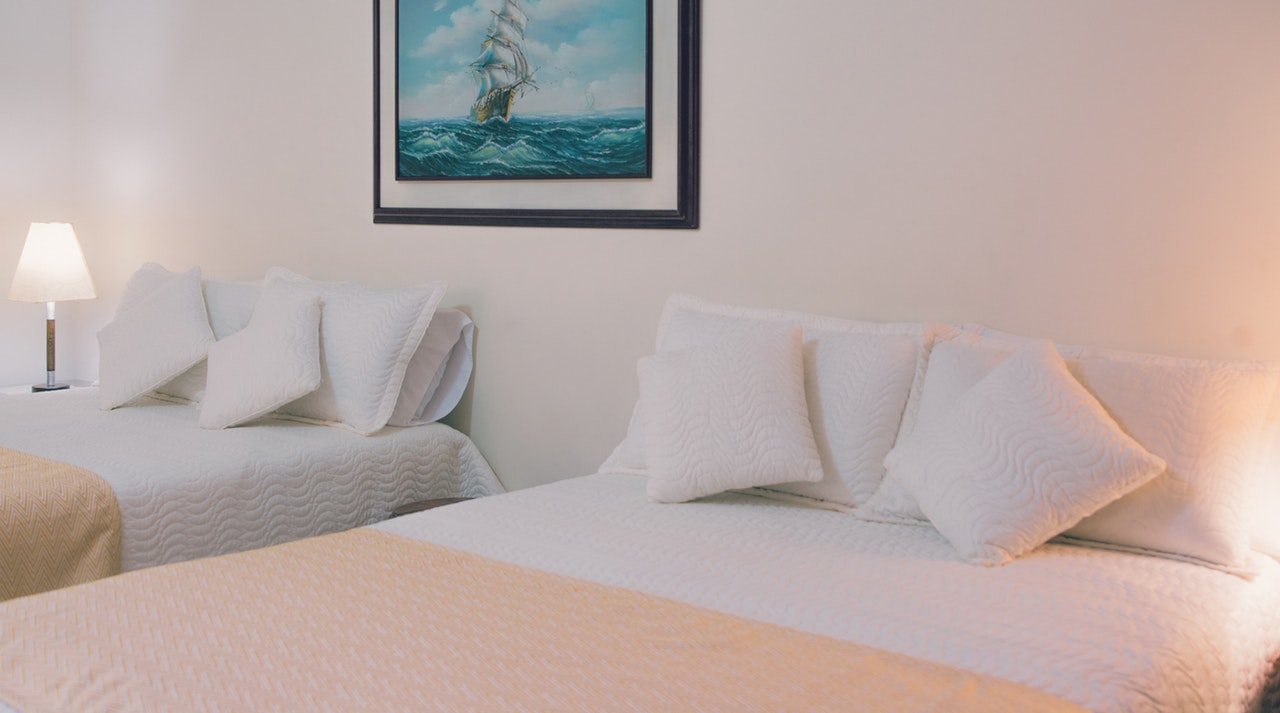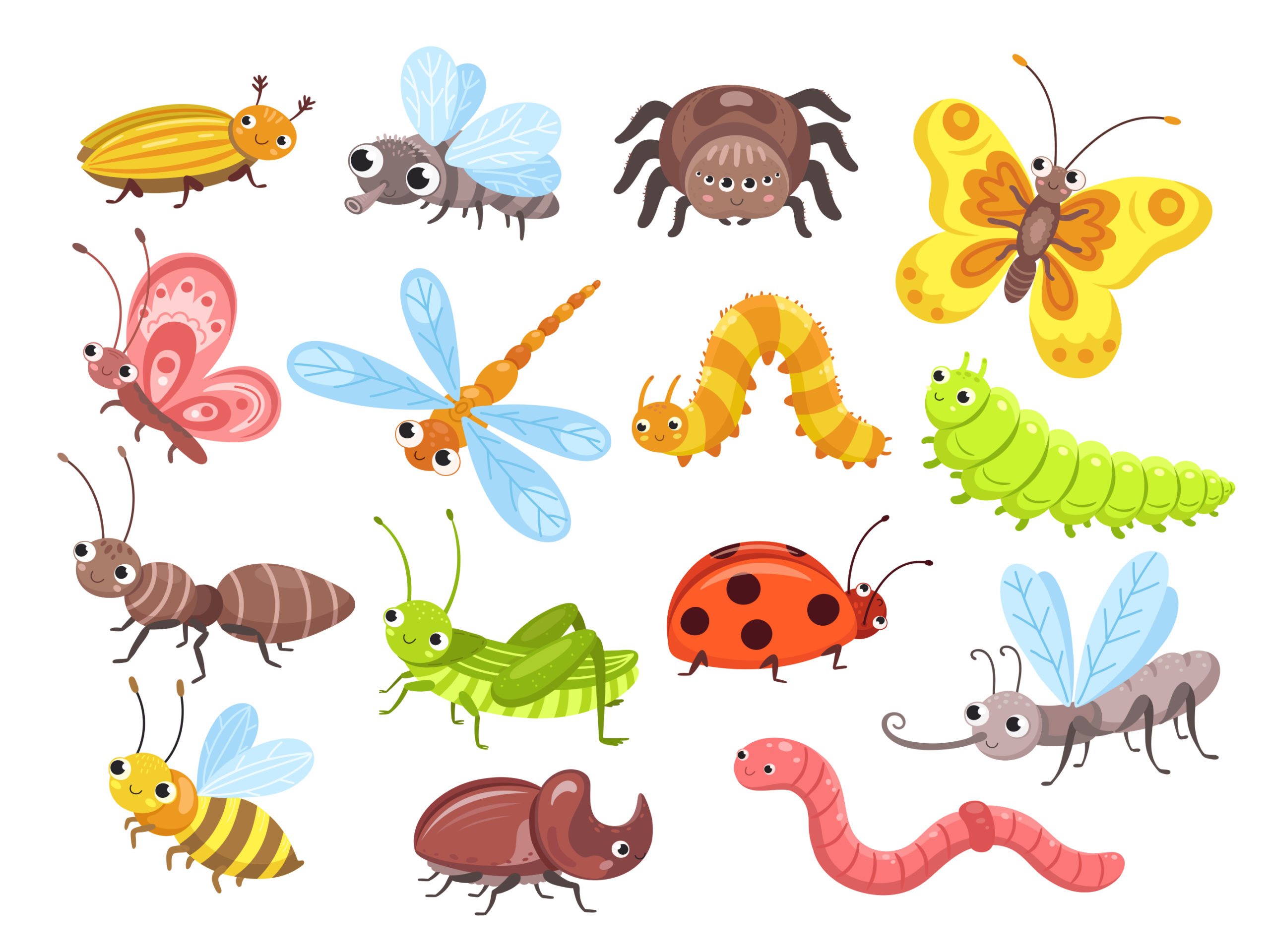
Washington is a state in the Pacific Northwest with a population of 7.6 million people. The state is named in honor of George Washington, who also appears on both the state flag and state seal.

Most of the state consists of vast wilderness. Forests comprise half of the state’s land, and mountain ranges can be found all over Washington. Mt. St. Helens, which famously erupted in 1980, lies only 50 miles north of Portland.
Roughly 4 million people, or 60% of Washington’s total population, lives in the Seattle metropolitan area. This region, as its name indicates, includes Seattle and its neighboring satellite cities.
But Seattle is home to more than just people. The city is infamous for its bed bug problem, and is often listed as one of the worst cities to live in.
Bed Bugs in Washington
Bed bugs are a widespread issue in the US. There are no states without bed bugs, although some are doing a better job to resolve this problem than others.
In Washington, only 1 city has officially made the Orkin list of Top 50 Cities infested by bed bugs–Seattle.
In 2020, Seattle has dropped 4 places on the list, coming at number 43. The state’s efforts to get rid of bed bugs are clearly effective, but the problem still remains.
Luckily, state laws protect you if bed bugs invade your home after staying at a Washington hotel.
Washington Bed Bug Laws
The Washington state has the Landlord-Tenant Act, which requires landlords to employ bed bug prevention and infestation control practices. They must ensure there are no bed bugs before tenants move in.
If an infestation occurs, a landlord must hire licensed professionals to eradicate the problem without requiring the tenant to contribute to the treatment cost. Single-family properties are excluded.
If the tenant’s negligence causes an infestation, they are responsible for paying for pest control services.
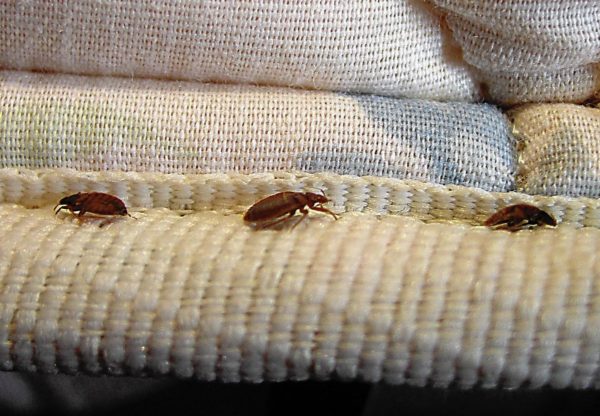
Washington doesn’t have bed bug laws for hotels and other similar types of accommodation. However, every hotel’s responsibility is to ensure the premises are safe and habitable.
That means they must keep them bedbug-free, among other things. Guests are within their legal rights to file a lawsuit if this responsibility is not met.
Bed Bug Facts
Bed bugs are small, parasitic insects that feed on human and animal blood at night. They hide from light and warmth during the day, finding shelter in cracks, crevices, and other small spaces where they’re tough to spot.
Depending on their level of maturation, they can be brown or reddish in color. Adult bed bugs are between 5.5-6.5 mm long–to put that into perspective, they are smaller than an apple seed.
Adult females can lay up to five eggs per day and up to 500 eggs in a lifetime. Bed bugs fully develop after 6 weeks. They reproduce incredibly quickly, and since they are experts at hiding, eliminating them is a daunting challenge.
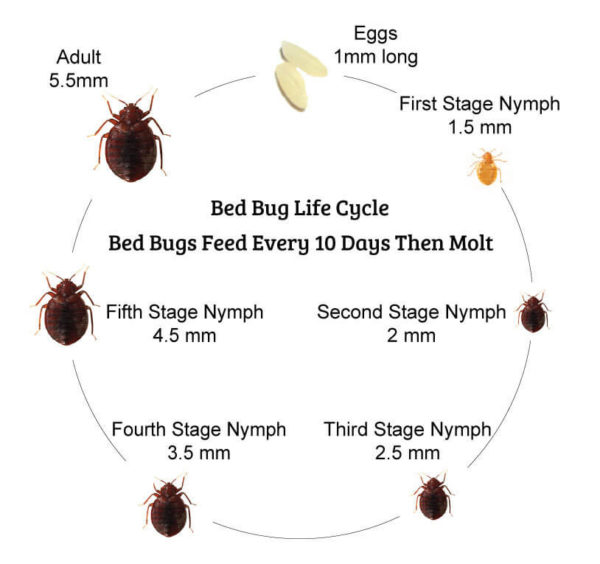
Bed bugs are also master hitchhikers. You can bring them home from hotels, resorts, public transit, anywhere else where they might be nesting. They can climb into your luggage or latch onto your clothes, effectively getting free passage to your home so they can establish a new residence.
Bed bug bites don’t affect everyone the same. While someone may only find them irritating, as they can be very itchy, another person may experience an allergic reaction.
The bites can also be very painful and even lead to an infection, especially after scratching the bite profusely.
Bed Bugs in Washington Hotels
If you’ve brought bed bugs into your home after staying at a hotel in Washington, you might be able to sue and get compensation.
The key is to document the infestation while you’re in your hotel room to prove that bed bugs came from the hotel. Otherwise, you may not have a case.
If you encounter live bed bugs or other signs of an infestation in your hotel room, take pictures and notify the hotel management immediately. The same goes for discovering potential bed bug bites on your body.
How to Check for Bed Bugs
When checking for bed bugs in your hotel room, it’s crucial to do it before unpacking. Put your luggage in the bathtub to prevent potential bugs from getting in.
Check for brown, red, or black spots, as well as yellow skin that they may have shed.
Look for these signs (and for live bugs) in all the following spots:
- Under the mattress and in the mattress seams
- In the box spring
- Beneath the bed sheets
- Around the bed frame and behind the headboard
- Under the pillows and cushions and in upholstery seams
- Around baseboards and inside drawers
- Behind hanging pictures and in the folds of curtains
If you’ve suffered bed bug bites or a bed bug infestation at home because of a Washington hotel’s negligence, get connected with a lawyer who might be able to help.
We can assess the situation to see if you have a case and if you may be eligible for compensation for your injuries. Keep in mind that we can represent you on a pre-litigation basis only.
Please call us at (855) 733-9217 for a free consultation. There are no fees unless you win your case.
Top Articles for Bed Bug Victims

Notable Cities in Washington!
Bed Bug Lawyer in Seattle
Leading Bed Bug Attorney in Seattle, Washington Do I Have A Case? Seattle, Washington Bed Bug LawsuitsIf you have sustained injuries resulting from a bed bug infestation, this could cause…

